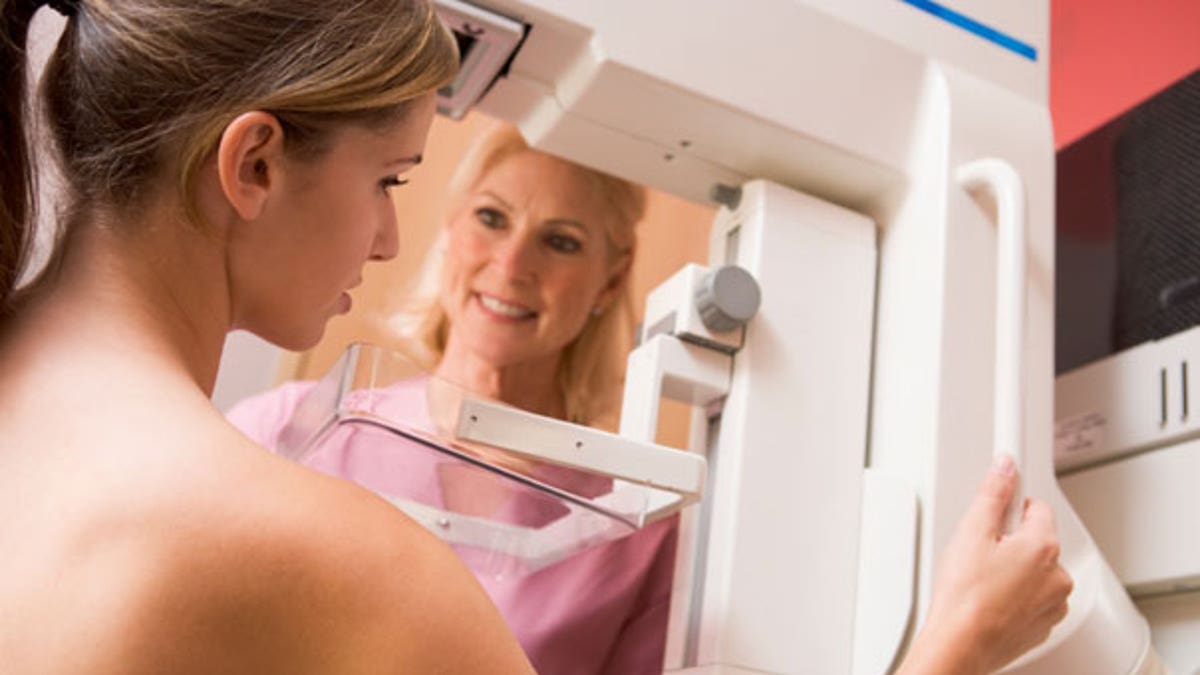
I want to make women aware of the new study published recently in the Journal of the American Medical Association that deals with the accuracy of breast biopsies.
Every year, there are approximately 1.6 million women in the United States that undergo a breast biopsy after they have found a lump or have a suspicious mammography result. A biopsy is when a needle is inserted and a small piece of tissue is extracted and looked at under a microscope by a pathologist. The pathologist then looks at tissues and tells of the story of whether there is cancer or not.
The study, led by researchers at the University of Washington, was conducted to find how accurate biopsy results were when analyzed by a pathologist.
I will cut to the chase because I think that the most important finding was the very good correlation among pathologists when it came to the diagnosis of aggressive breast cancers – about 96 percent of cases.
However, when there was an atypical ductal hyperplasia (ADH), or abnormal cells, the study found pathologists were only able to match 48 percent correctly – less than half of cases.
What this implies is in cases that may not need any further treatment, pathologists were reading them as carcinoma and suggesting that patients have more definitive treatment like a mastectomy or lumpectomy.
Now you may think, why could there be such a discrepancy in under reading or over reading a piece of tissue? Isn’t it supposed to be black or white? Well the answer is no. Experience is quite important when it comes to pathology and is developed over the course of years when a doctor reads a lot of breast biopsies. If a particular pathologist has only read a handful a year, they may not have the expertise needed to differentiate the cell abnormalities in breast tissue.
So the bottom-line has both good news and bad news. Although there are cancers being over diagnosed in certain centers, all the aggressive cancers, at least in this study, were found.
So the question is what should you do as a patient? If you are given a diagnosis based on a biopsy, especially ductal carcinoma in situ (DCIS) or atypical ductal hyperplasia (ADH) I agree with experts to get a second opinion. Getting a second opinion is always a good idea in any medical case, especially one that involves surgery. This doesn’t mean you don’t respect your doctor, but that you recognize two pairs of eyes are better than one. After getting a second opinion, you can feel more confident with the type of therapy you receive.
These study finding may seem alarming, but use them to make yourself a more informed patient. If your doctor recommends a biopsy, you should definitely have it done. If there is any question about the definitive diagnosis, get the second opinion.
Click for more from AskDrManny.com.








































